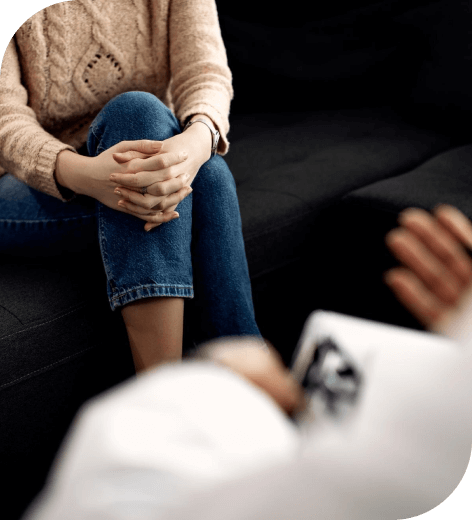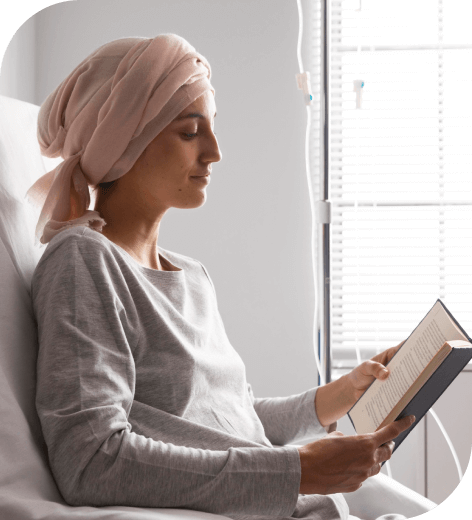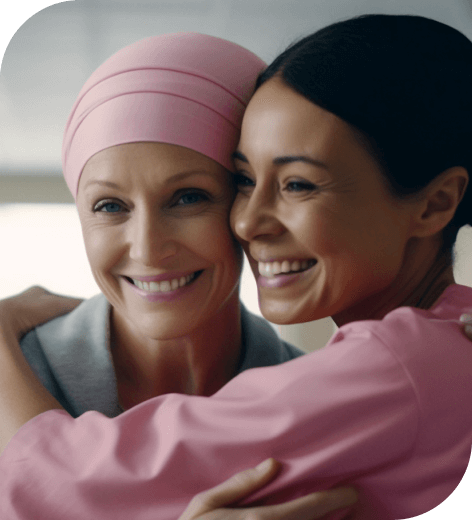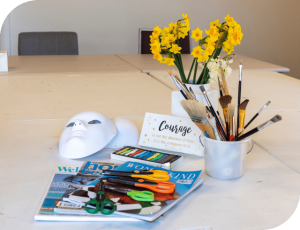
Wellness And Therapy Guides
Reflexology
What is Reflexology?
Reflexology is a holistic healing practice based on the belief that specific points on the feet correspond to organs, systems, and glands throughout the body.
A reflexologist may also stimulate or massage specific areas on the hands, as well as the ears, but the majority of reflexology practice focuses on the feet.
By applying pressure to these points, reflexologists aim to promote relaxation, stimulate energy flow, and support the body’s natural healing processes.
During a reflexology session, the practitioner uses their hands to apply gentle pressure and manipulation techniques to specific points on the feet.
It is a non-invasive and deeply relaxing therapy that can be enjoyed as a standalone treatment or as part of a comprehensive wellness plan.

Reflexology is a holistic healing practice based on the belief that specific points on the feet correspond to organs, systems, and glands throughout the body.
A reflexologist may also stimulate or massage specific areas on the hands, as well as the ears, but the majority of reflexology practice focuses on the feet.
By applying pressure to these points, reflexologists aim to promote relaxation, stimulate energy flow, and support the body’s natural healing processes.
During a reflexology session, the practitioner uses their hands to apply gentle pressure and manipulation techniques to specific points on the feet.
It is a non-invasive and deeply relaxing therapy that can be enjoyed as a standalone treatment or as part of a comprehensive wellness plan.
Benefits for People Living With Cancer

Research suggests that reflexology may lead to a significant reduction in anxiety levels among cancer patients, promoting relaxation and enhancing overall wellbeing.
Reflexology has been shown to alleviate pain associated with cancer and its treatments, offering a non-pharmaceutical alternative and reducing dependency on opioids.
Reflexology has been compared to back massage therapy in improving sleep quality, offering a natural and non-invasive approach to addressing insomnia and sleep disturbances.
The targeted pressure applied during reflexology sessions can help to improve circulation, facilitating the delivery of oxygen and nutrients to cells and tissues throughout the body.
Reflexology offers gentle support and relaxation, and can be highly effective for clients with post-treatment neuropathy.
Benefits for People Living With Cancer
Research suggests that reflexology may lead to a significant reduction in anxiety levels among cancer patients, promoting relaxation and enhancing overall wellbeing.
Reflexology has been shown to alleviate pain associated with cancer and its treatments, offering a non-pharmaceutical alternative and reducing dependency on opioids.
Reflexology has been compared to back massage therapy in improving sleep quality, offering a natural and non-invasive approach to addressing insomnia and sleep disturbances.
The targeted pressure applied during reflexology sessions can help to improve circulation, facilitating the delivery of oxygen and nutrients to cells and tissues throughout the body.
Reflexology offers gentle support and relaxation, and can be highly effective for clients with post-treatment neuropathy.
Benefits for Carers
Reflexology offers valuable benefits by promoting relaxation and reducing tension throughout the body, helping carers unwind and recharge.
This holistic therapy also supports overall wellbeing by improving circulation, enhancing energy levels, and promoting better sleep quality.

Reflexology offers valuable benefits by promoting relaxation and reducing tension throughout the body, helping carers unwind and recharge.
This holistic therapy also supports overall wellbeing by improving circulation, enhancing energy levels, and promoting better sleep quality.
What to Expect from Your Session

Your reflexologist will start by discussing your medical history and any specific symptoms or concerns.
You’ll be invited to remove your shoes and socks and recline on a massage table for comfort. Your reflexologist may gently cleanse your feet to enhance relaxation before they begin stimulating various points on your feet with their thumbs and fingertips.
Throughout the session, you may experience sensations such as mild discomfort or emotional release, indicating the treatment’s effectiveness in rebalancing your body’s energy flow. These sensations typically pass quickly.
After your session, you’ll generally feel deeply relaxed after a nurturing experience.
What to Expect from Your Session
Your reflexologist will start by discussing your medical history and any specific symptoms or concerns.
You’ll be invited to remove your shoes and socks and recline on a massage table for comfort. Your reflexologist may gently cleanse your feet to enhance relaxation before they begin stimulating various points on your feet with their thumbs and fingertips.
Throughout the session, you may experience sensations such as mild discomfort or emotional release, indicating the treatment’s effectiveness in rebalancing your body’s energy flow. These sensations typically pass quickly.
After your session, you’ll generally feel deeply relaxed after a nurturing experience.
References
- About Reflexology | reflexologyaustralia.com
- Reflexology | Australian Traditional-Medicine Society
- About Reflexology | Contemporary Reflexology College
- Reflexology | SoulAdvisor
- Effects of Foot Reflexology on Severity of Pain and Opioid Dosage | Crescent Journal of Medical and Biological Sciences
- The effect of foot reflexology and back massage on hemodialysis patients’ fatigue and sleep quality | ScienceDirect
- Partner-delivered Reflexology: Effects on Cancer Pain and Anxiety | PubMed


